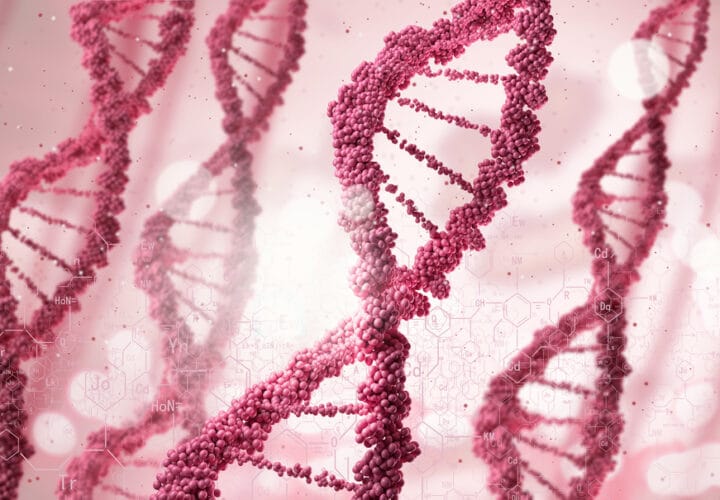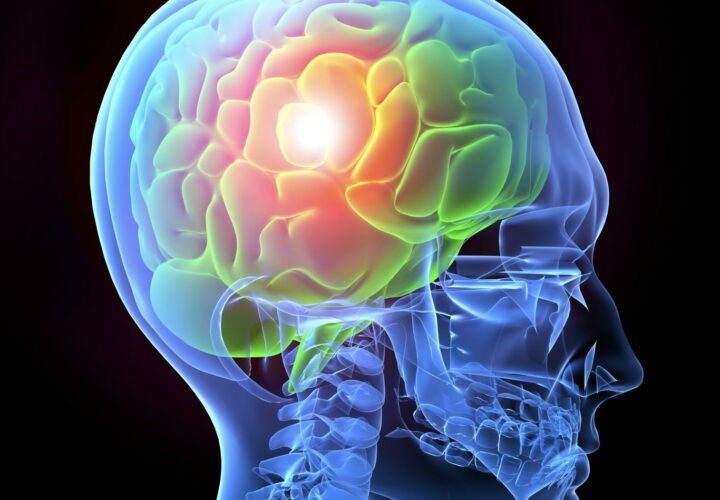In a society where eating three large meals at the beginning, middle and end of the day is the norm, not eating seems like an extreme form of dieting. But scientists say it might save your brain by reducing inflammation and slowing metabolism—and along with them, the brain’s aging process.
In the study, cutting caloric intake by 15 percent for two years slowed aging and metabolism and protected against age-related diseases by reducing the amount of oxidative stress produced, which has been linked to brain diseases like Alzheimer’s and Parkinson’s diseases, along with cancer and diabetes.
So, how does cutting back on food intake make your brain function better? Scientists say it’s because of how the process of metabolism affects the brain.
“Restricting calories can slow your basal metabolism, and if by-products of metabolism accelerate aging processes, calorie restriction sustained over several years may help to decrease risk for chronic disease and prolong life,” said lead author Leanne M. Redman, associate professor of clinical sciences at Pennington Biomedical Research in Baton Rouge, LA.
The study used a program dubbed CALERIE (which stands for Comprehensive Assessment of the Long-Term Effects of Reducing Intake of Energy), and was the first randomized, controlled test of how fasting affects metabolism in non-obese humans. The study was small, with only 53 participants between the ages of 21 and 50 who were followed for two years. Particpants lost an average of 18 pounds (8 kg), though weight loss was not a goal of the study.
While cutting back on calories by such a large percentage might sound challenging, nothing bad was reported by the participants—no anemia, bone loss, or disruption in menstrual cycles. In fact, they said they actually felt an overall improvement in mood and health-related quality of life.
“We found that even people who are already healthy and lean may benefit from a calorie restriction regimen,” Redman says.
This study was published just a few weeks after a similar study that looked at how mice were affected by calorie restrictions. When combined with a low fat diet, limits on food intake reduced the activation of microglia, a type of cell that has the ability to set off inflammation in the brain, which has been linked to Alzheimer’s disease.
Researchers believe that fasting leads to a slower metabolism, which is thought to burn energy most efficiently for a longer amount of time. Translation: eating less on a regular basis could mean living longer.
While there were limits to this study—the size and relatively short time subjects were followed—researchers hope to continue to look at how calorie limits might rejuvenate the metabolic process in a way that causes less oxidative stress in the brain.
This study was published in the journal Cell Metabolism.



